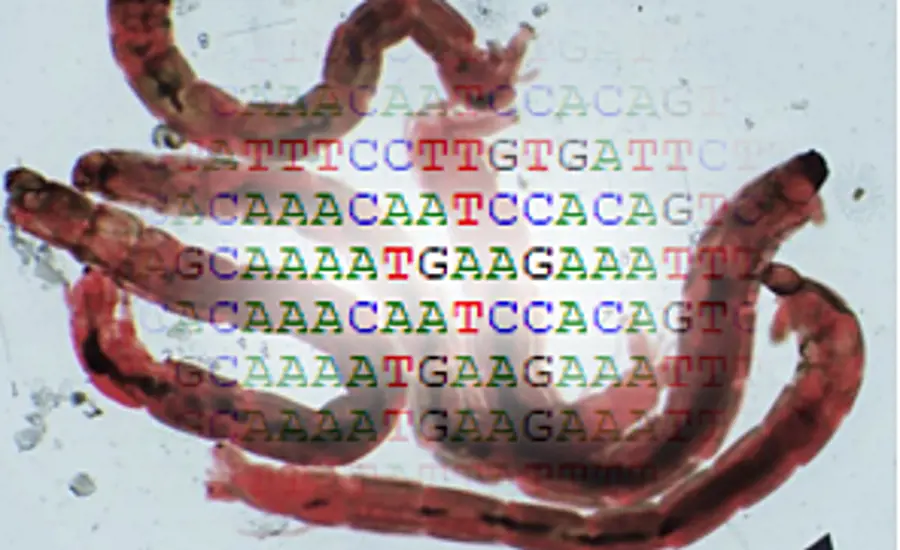
Biomarkers in chironomids for the detection of sediment quality
Chironomid larvae are key organisms in river and lake beds and therefore play an important role for studies on the bioavailability of sediment-bound chemicals, their toxicity or their transfer in the food chain. The larvae of the species Chironomus riparius live in the first centimetres of surface sediments and can be easily cultured in the laboratory. Their genome has been sequenced and is partially annotated - this makes them interesting for the development of biomarkers for sediment quality assessment. In combination with bioassays in the laboratory or in the field, these biomarkers are a promising method to detect effects sensitively and at an early stage and thus assess the quality of sediments.
Therefore, the Ecotox Centre is establishing biomarkers in chironomids in a new project: those genes are involved in various metabolic processes, such as detoxification, hormone control and the immune system. By measuring gene expression via the formation of mRNA (with the help of quantitative PCR or sequencing), effects can be identified that do not directly lead to death, but can trigger an effect-specific stress response and thus damage the organism in the long term.
